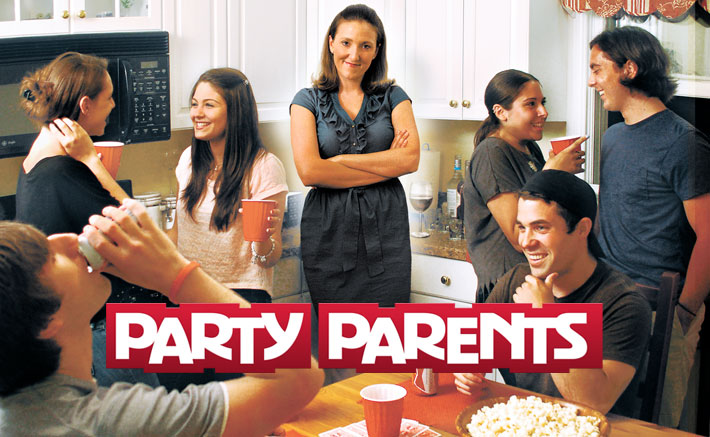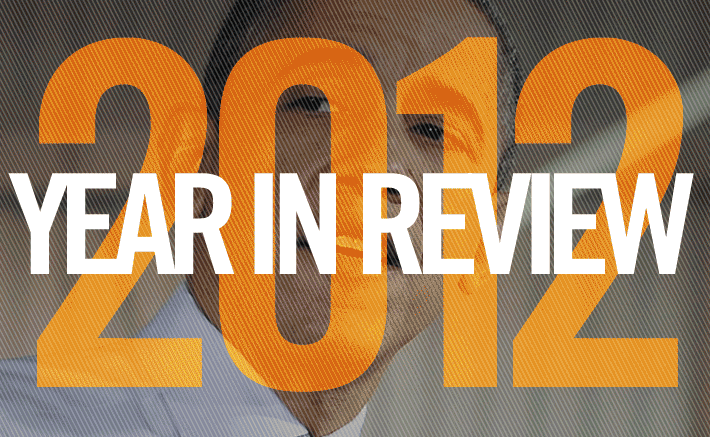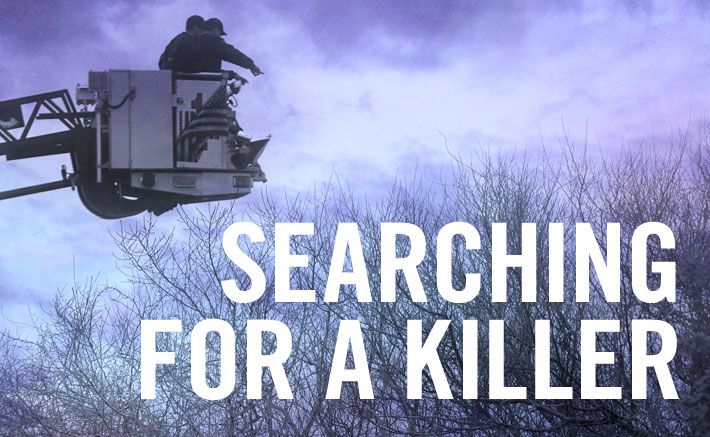
The smells of suntan lotion, beer and sweat filled the air on the charter bus packed with 50 high school students fresh from their prom and graduation last June as it snaked through the winding backstreets of Sag Harbor to its destination: the rented mansion where they’d unleash a weekend of pent-up debauchery.
After shelling out $350 each to the lawyer/landlord and signing contracts—parents included—that they’d obey the myriad rules to avoid police busting up the party, they could blast as much Kid Cudi and funnel as many cans of beer as they like. Aside from the pool, tennis courts and scenic views, the rules sound a tad prison-like. No one outside before 10 a.m. or after 9 p.m. Leaving the premises is forbidden. Two chaperones and a pair of security guards must keep the peace at all times. If the police do show up uninvited, everyone must hide in the basement.
It’s a small price to pay for what is the teens’ first weekend of freedom from high school and parents. The meticulous plans are drafted to not only protect the house, but keep the kids out of trouble.
“We want the kids to come out here, but we’re not going to tolerate underage drinking,” says Edward Ecker, chief of the East Hampton Town Police Department.
This Hamptons landlord has more than a dozen groups of high school students booked in three South Fork houses through the short window of prom season and can’t afford to be cited for breaking the social host law, which fines adults 18 and over who serve alcohol to minors or fail to stop them from drinking.
Every June like clockwork prom parties like this one play out across Long Island, as the debate rages among parents of high-school-aged children: Risk breaking the law—or worse—by hosting post-prom, graduation and other booze-soaked summer bashes? Or is it dereliction of parental responsibility to concede that sneaky teens will always find some other place to get drunk unsupervised?
Not everyone gets away with it. More than 100 Long Islanders have been arrested or ticketed for violating social host laws since Nassau and Suffolk counties passed those statutes in 2007. Since then, at least three parties have left young people dead. Of the 20 cases a year —those that the police bothered to alert the media about—many of the hosts charged were parents, indicating that attitudes on underage drinking still buck the law, despite the serious consequences.
“When you don’t want them to drown, you teach them to swim,” says an LI doctor and father of four college students who hosted two post-prom parties in recent years. “You shouldn’t learn about drinking when you’re away [at college] for the first time, you’re 19 and you’re a freshman getting rushed,” he says, asking not to be named.
But not every parent-sanctioned, boozy teen party comes complete with lessons in moderation the doctor espouses. Some become exercises in mortality.
“It’s just a recipe for disaster,” says Victor Ciappa, father of 18-tear-old Natalie from Massapequa, an honors student who became a poster-child for LI’s drug-abuse epidemic after she fatally overdosed on heroin at a June 21, 2008, Seaford house party.
Parents who let their kids drink in the house are “setting themselves up for heartbreak,” he says. “You can’t let that shit go down in your home.”
Also lost to underage drinking parties on LI in recent years were 16-year-old Taylor Cavaliere, who was hit by a vehicle on the Northern State Parkway after leaving a party hosted by her friend’s parents in her hometown of Dix Hills in April 2011. A 22-year-old Plainview man was also arrested for serving minors at a party where 21-year-old Nelson Cole of Brooklyn was found at the bottom of a pool in July 2010.
Police filed social-host law charges in all three cases. The punishment differs depending on the counties. In Nassau the first offense is a $250 fine; in Suffolk, it’s $500, which is the second offense fine in Nassau. Suffolk’s second-offense punishment is $1,000, plus up to a year in jail—same as a third offense in Nassau.
“Where do we draw the line?” asks Jeff Reynolds, executive director of the nonprofit Long Island Council on Alcoholism and Drug Dependence. “Even though it’s dangerous, even though we know it has health consequences, it’s fine if they drink. Well, how about pot? How about Oxycontin? How about Vicodin?”







